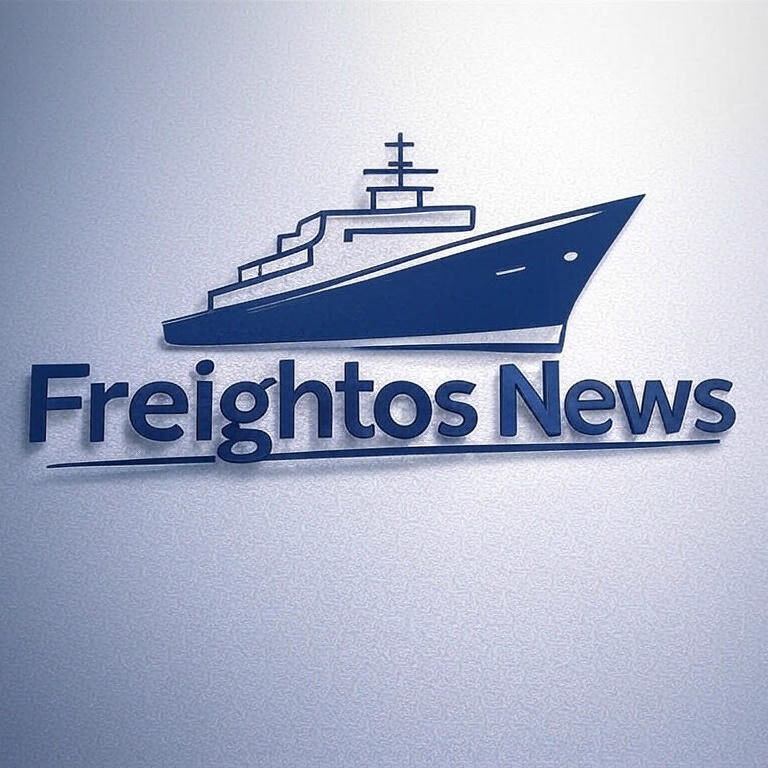The spread of European football gambling money has been laid out by new research showing two-thirds of teams throughout 31 top divisions has at least a sponsorship deal at a betting firm.
While counting the Premier League with a ban on the front-shirt sponsorship of gambling companies, due to the strength next year, data also shows clubs in European countries find ways to get to restrictions.
Cross-border journalist collective investigation in Europe conducted a review, shared with The Guardian, by leading divisions throughout the EU and the UK. Among its findings, the group observed:
296 of 442 teams have at least one betting partner this season.
145 has a sponsor of gambling in front of their shirts.
Clubs in Italy and Belgium work around front-of-shirt restrictions by displaying the logos of charity foundations of gambling companies or news/recreational websites.
14 out of 31 leagues reviewed relying on a betting company as their title sponsor.
27 Clubs throughout the top five European leagues have cooperated with Asian betting companies.
The ubiquity of gambling advertising in the Premier League is well -documented. Eleven teams have a gambling logo in front of their 2024-25 shirt, the highest proportion in the top five European leagues, and each team has a betting partner. Brand betting spent nearly $ 135m (£ 104m) on shirt deals on this English top flight this season, according to global data research, the investigation cited Europe.
Other continent leagues close the gap. Each side in Dutch Eredivisie has a betting partner or sponsor. Portugal, Greece and Germany are well -known -known and benefiting markets, research has found. But even in the smaller market there is extensive advertising, with most top-up sides in Hungary, Romania and Bulgaria wearing logos of betting on their shirts.
The top-up sides in English agreed with a spontaneous ban on the front-shirt sponsorship from the 2026-27 season, but Europe is investigating that countries that implement such restrictions have teams that seem to exploit loopholes. In Belgium, for example, a law occurred in January that restricted sponsorship of the sleeves and the back of the shirts. However, many Pro League clubs show betting insignia in front of shirts, using sub-brands that only include part of the company’s name. The ruling champions, the Club Brugge, for example, exchanged their shirt sponsor from unibet to U-Exper, a unibet-made news app with links to its offering at Casino.
After the Newsletter Promotion
In Italy, where a similar restriction was placed in 2018, three sides of Serie A have sponsors of betting-equivalent shirts at 2024-25: Inter (Betson.Sport), Parma (Admiralbet.News) and Lecce (Betitalypay).
Milan was found promoting a brand of betting without a license to operate in Italy. Milan struck a Bet Bet deal in July 2024 as their regional partner in Europe. This is despite the brand that is being blacklated by Italy authorities and operates without a local license, a legal requirement for the Italian betting market. Milan and Boomerang did not respond to requests for comments from the European investigation.
Other clubs have endorsed companies who have been blacking national authorities elsewhere on the continent for not having the necessary local licenses, and remains a wide presence for Asian bookmakers, many of them not officially operating in Europe. Twenty -seven teams in all the top five leagues have been identified with 22 Asian -facing brands. In Italy, eight teams have deals that only visible when accessing club websites from Asia or through an Asian-based VPN.
The importance of front-of-shirt sponsorship is itself a moot point, further studies have been shown. According to Academy’s research at the University of Bristol, the opening weekend of the Premier League nearly 30,000 gambling adverts has been broadcast to audiences at stadiums and throughout TV, radio and social media, 165% more than a year before. Shirt sponsors cost less than 10% of that total.
Charles Livingstone, a member of the World Health Health Organization Gambling and gambling disorders said the research shows that the greater exposure you have in gambling ads, you are more likely to gamble, and advertising remains key to the strategies of assessment companies.
The industry has spent millions of promotions “because it will help them recruit new gamblers”, Livingstone said. “And the reason … is because the best customers are the ones that are broken. So they always have to recruit new gamblers to replace those who have passed through all their money and all their possessions and all their relationships.”
